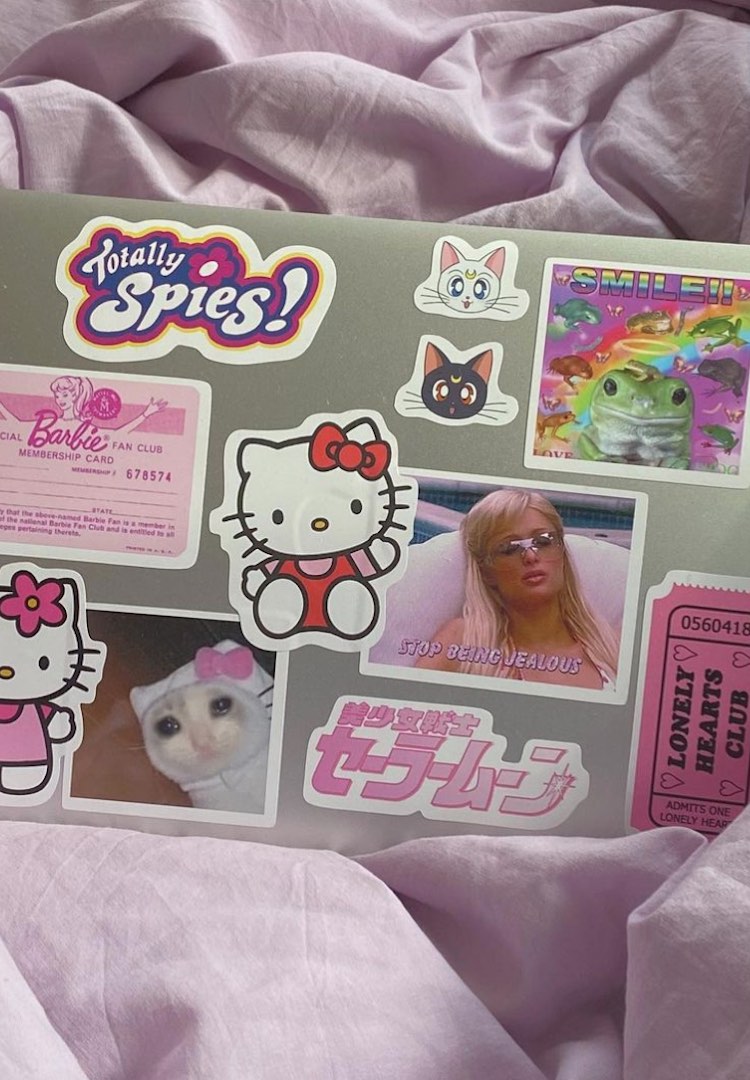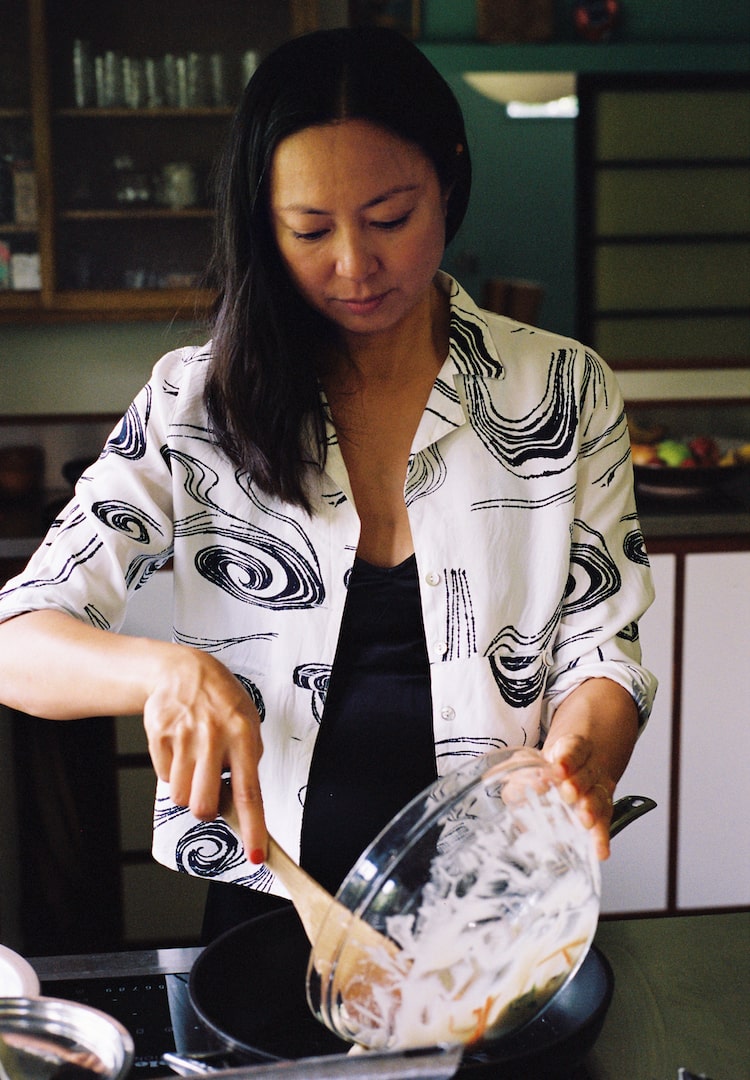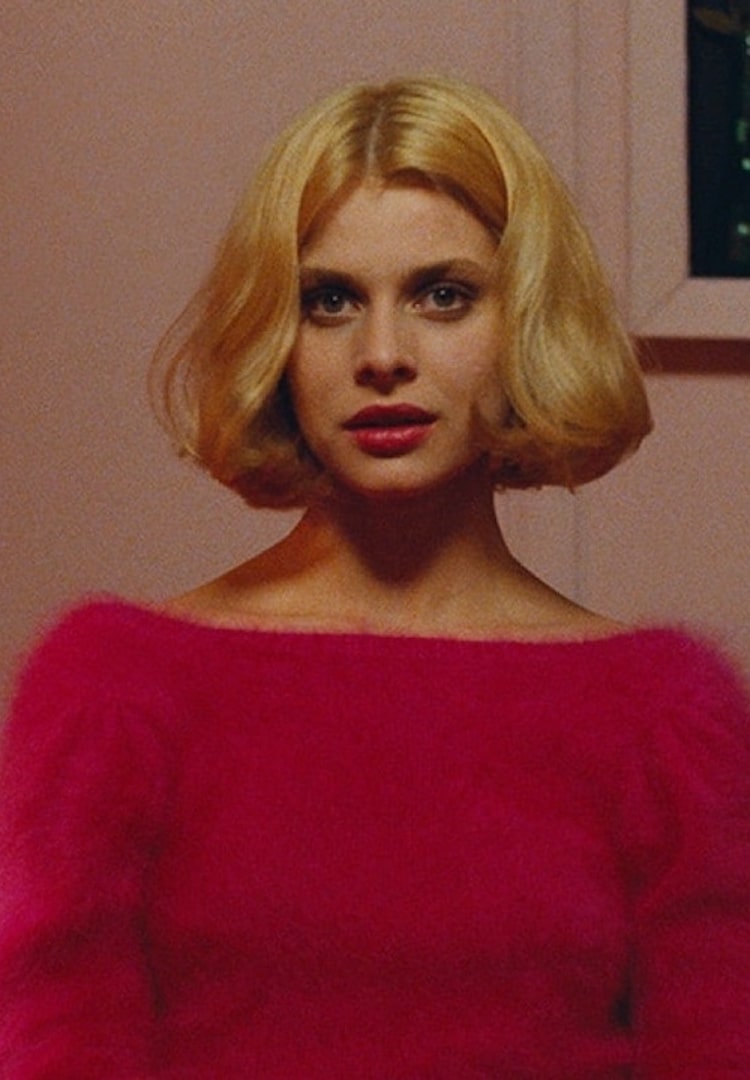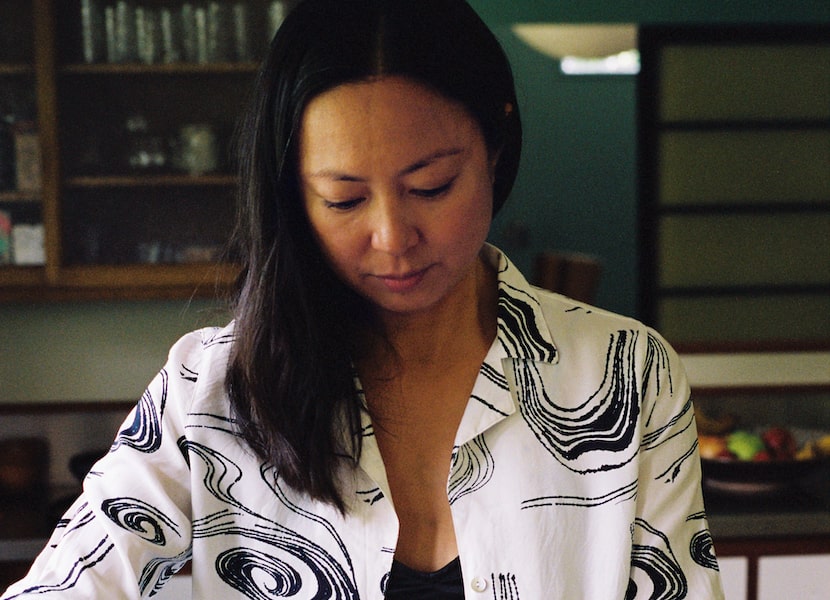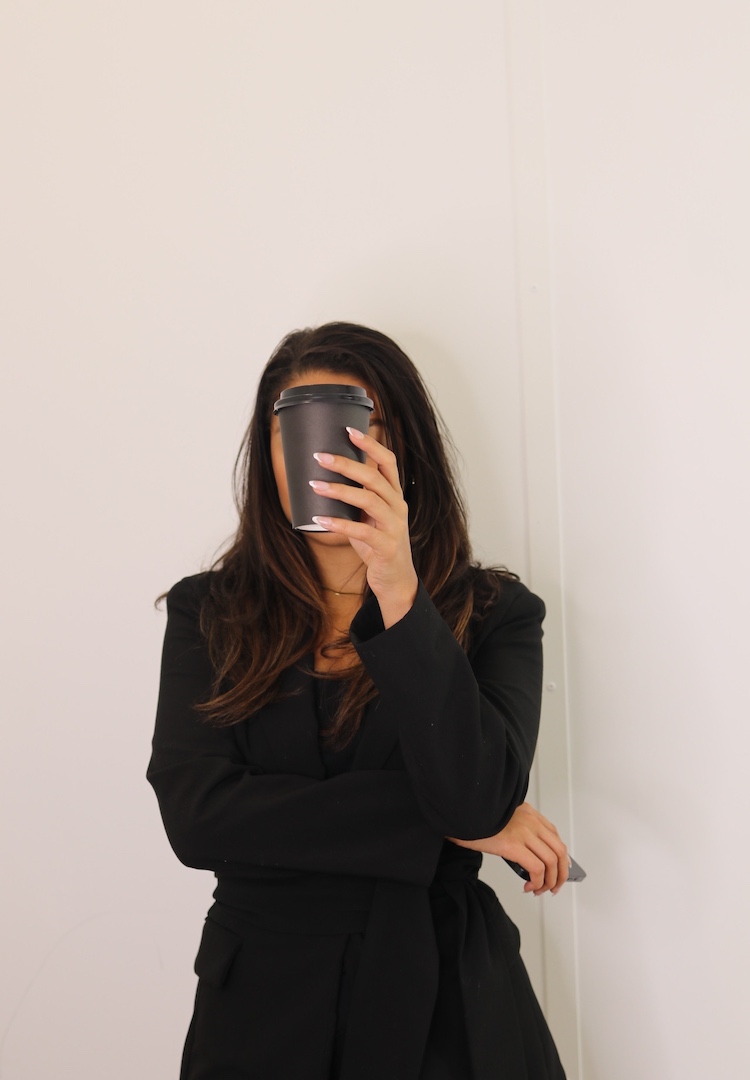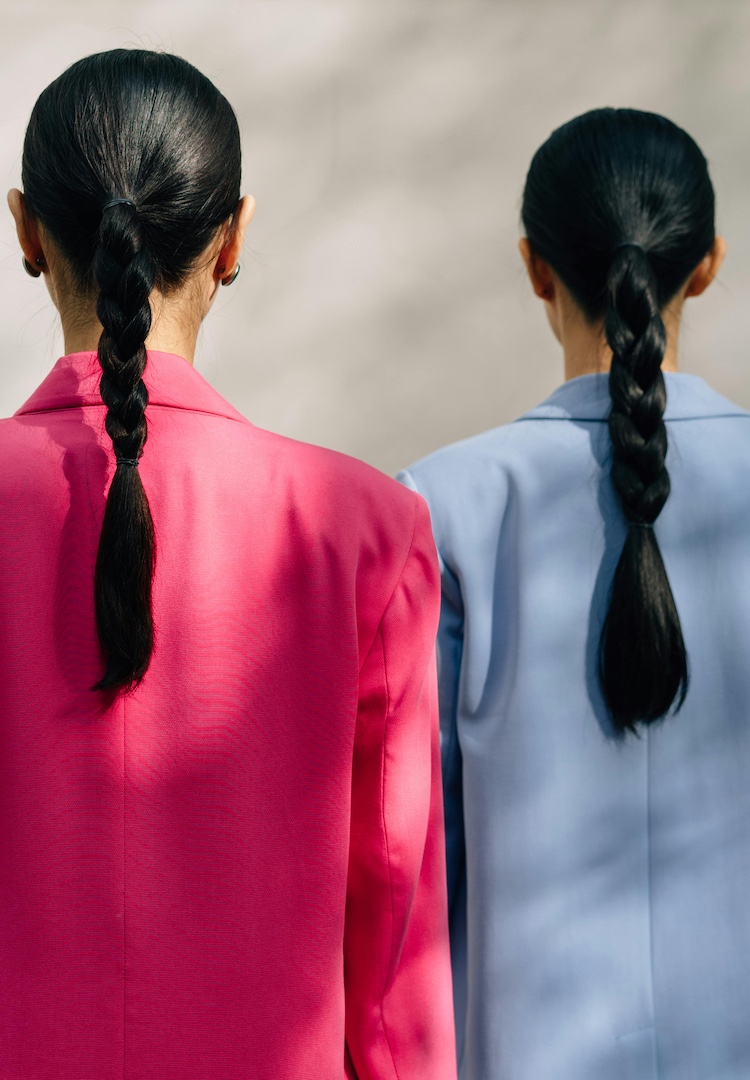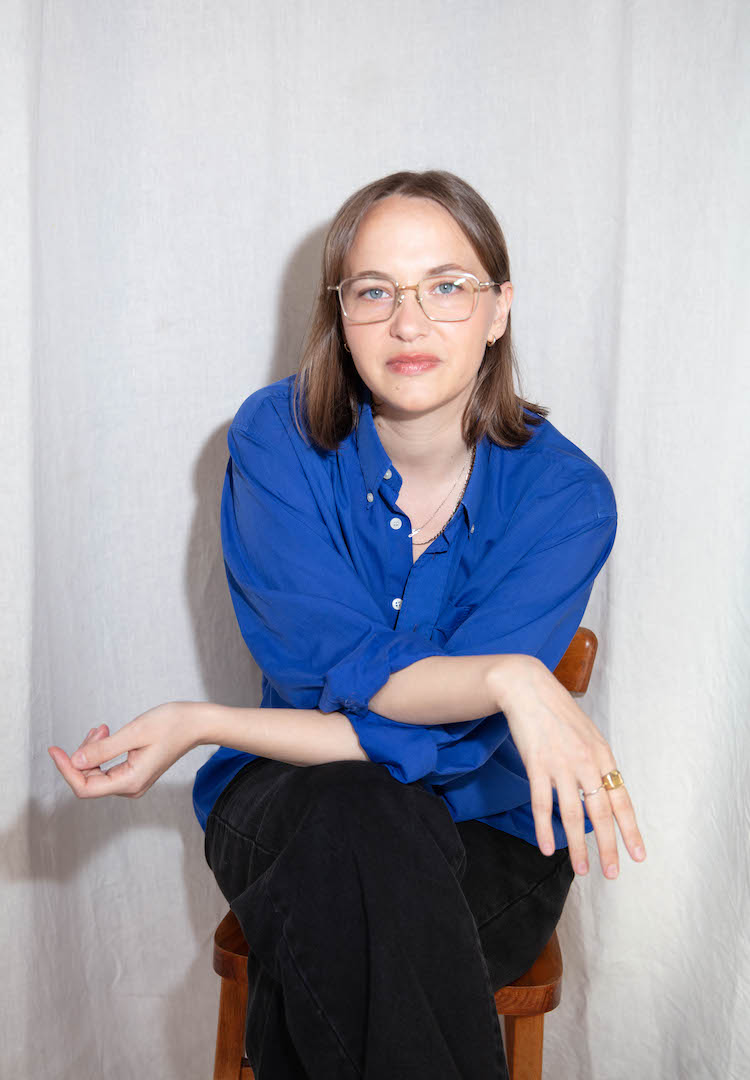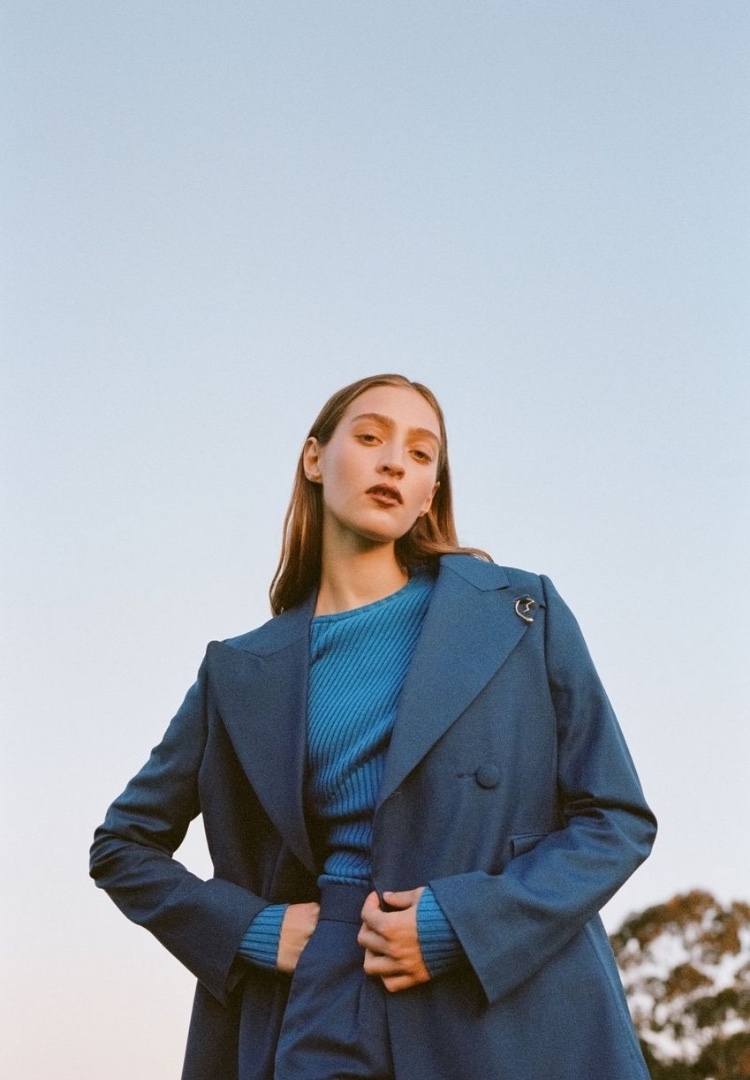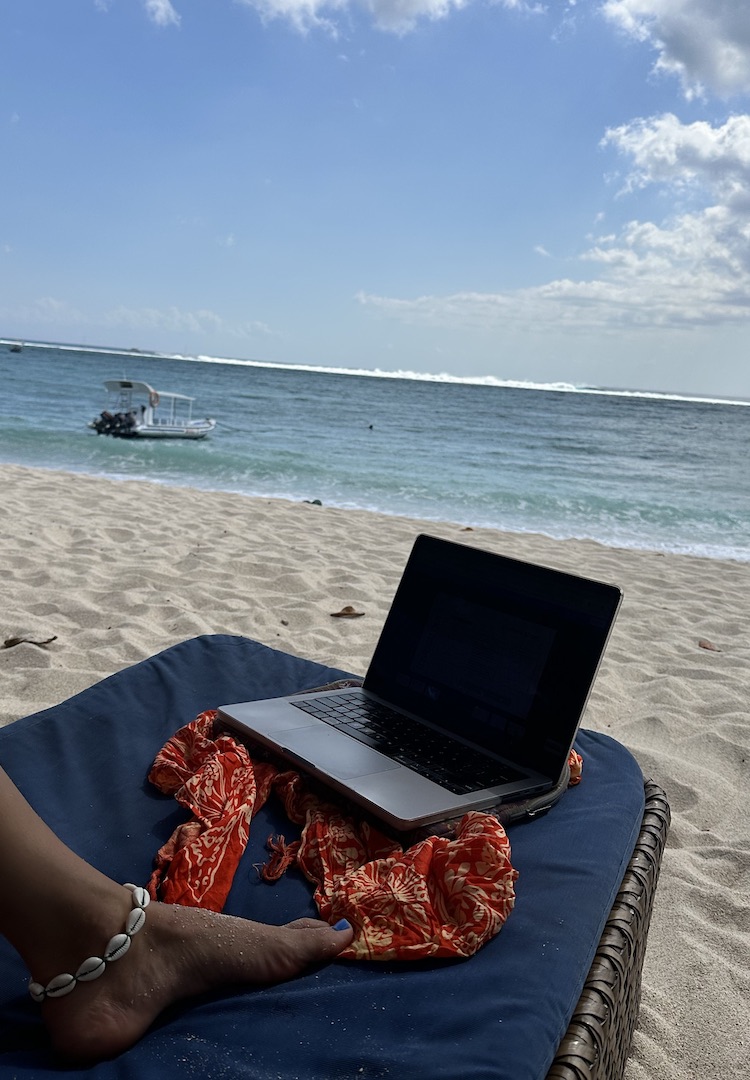Journalist Akiko Kurematsu on the beauty of creative unpredictability
WORDS BY THE FOREWORD
“I am a complex, multi-dimensional woman, and I want the freedom to tell a range of stories that resonate universally.”
This article was originally published on The Foreword, a weekly careers-focused newsletter featuring advice, insights and recommendations from an array of exceptional people. You can subscribe to it here.
Akiko Kurematsu has a resume that reads like a novel; twist, turns, adventure, each chapter even more fascinating than the last. Her captivatingly diverse career includes hosting CNN’s Anthony Bourdain: Parts Unknown, heading up the Vice Japan office and having a John Galliano haute couture dress named after her, just casually.
Fluid, expressive and impossible to put in a box – Akiko proves that your work can take you on exciting and unexpected journeys as a creative professional. Read on for wisdom that includes surrendering to procrastination, the healthy side of fear and approaching every project with intensity.
Looking for more careers related content? Check out our Life vertical.
Tell us a little about yourself, who are you and what do you do?
My name is Akiko Kurematsu, and I am a Japanese culture writer and journalist, contributing long-format features, essays, and interviews that observe global culture and human moments through the lens of art, design, fashion, food, and travel. I advocate for and highlight women, BIPOC, and underrepresented creative communities in my work.
Growing up multicultural and multilingual between Japan, Philippines, US, and Canada, I studied at Barnard College, Columbia University in New York City. I previously worked at fashion house Donna Karan New York (DKNY), creative agency Mother New York, and as General Manager of Vice Japan.
Now based in Auckland, New Zealand, I co-curate the Architecture and Design Film Festival and appear on television, radio, podcasts and online programmes to share global stories and comment on cultural discussions.
What does an average day look like for you?
I thrive on variation, spontaneity, and change, but my day always starts with a warm cup of tea that my husband brings to me in bed (get you a man who…!) I’ll either get up and do an hour of yoga, go on a brisk walk, or stay in bed with my phone and my tea… depending on how I’m feeling that morning.
My editors, collaborators and clients are anywhere from Paris, London, New York, LA to Tokyo, so calls happen to depend on the time difference. Aside from that, I like to research and write in the morning hours when I tend to be more clear and focused, and schedule meetings, calls, and take care of admin and tasks in the afternoon. I’m a night owl, so I also love working at night when it’s quiet. It’s a constant struggle trying to get to bed before midnight.
What turning point in your career do you consider your “big break”?
I’m not sure about a “big break,” but I’ve been surrounded by opportunities and exceptional people throughout my career. At DKNY, Patricia Field, who was styling Sex and the City, styled lookbook shoots and Pat McGrath did the make-up backstage at shows. I got to travel across Japan with John Galliano and his design team, from Tokyo to Naoshima, researching for the Christian Dior and John Galliano collections, then finding out at the Haute Couture show in Paris that there was a dress, “Akiko-san,” named after me.
Michael Ian Kaye, who was my boss at Mother New York, taught me everything I know about design. At Vice, I got to head up the office, be the publisher of the magazine, and win awards for content and documentaries produced under my direction. With Nike, I was flown to Tokyo and LA to interview world-class athletes like Serena Williams. On editorial projects, I worked with the legendary photographer Nobuyoshi Araki.
I wrote essays for Holiday magazine, the most gorgeous travel and style magazine out of Paris, about womens’ work that’s passed down from generation to generation. I got to host an episode of Anthony Bourdain: Parts Unknown, recommending my favourite spots around Tokyo. I’ve appeared on radio, podcasts and live TV shows on topics ranging from food to architecture films.
I like to approach every project, regardless of scale, with intensity, like it is the most important work I will ever do.
Next up, I have a profile coming out for Subsequence magazine in Tokyo from brand Visvim, on Chlöe Swarbrick of the Green Party, who is a rising star in New Zealand politics.
I’m also working on a long format feature for Al Jazeera on Pania Newton, female Māori activist and the incredible women of Ihumātao who are leading a dispute to protect their Indigenous land.
What advice do you have for striking a work/life balance?
Get to know yourself. What works for others won’t necessarily work for you. Develop your own rhythm, flow, and balance. Be open to other perspectives, but ultimately, have the confidence to set boundaries, and be kind to your needs.
View this post on Instagram
What anxieties, if any, do you hold about your life/career? And how do you deal with them?
I am afraid of getting boxed in as a certain kind of professional. I am a complex, multi-dimensional woman, and I want the freedom to tell a range of stories that resonate universally.
How has the current COVID-19 situation affected your industry, and your work personally? How have you dealt with it?
We are in the midst of an unprecedented time, and I feel fortunate that I get to continue my work. Diversifying my projects across major and independent media, publishing, brands, and agencies worked in my favour.
While my media work was sidelined while focus and priorities were on stories about COVID-19, my consultancy work with agencies continued. While some cities shut down completely, less impacted cities like Tokyo did not miss a beat.
What does productivity look like to you, and what tips do you have for managing your time?
I recently found a report card from grade five, where Mrs Lucas commented that “Akiko is enthusiastic and attempts any task. Long term projects indicate some time management problems. We will strive to improve this area.”
The next comment from the same year is, “Akiko continues to work hard, but time management still causes her last-minute problems. She’s been a pleasure to work with and a leader for all of us. Best wishes!”
Years later, I’m still striving to improve in this area.
How do you deal with procrastination?
I surrender to it. It’s not the most disciplined approach, but the stress of overbearing self-management doesn’t work for me. I know that my best work will come out of my best self, so if I am procrastinating, I give myself permission and time. I re-engage with my work when I’m clear, focused, and inspired.
What do you consider your biggest failure? And how did you persevere and grow from the experience?
My biggest failure is not having the confidence to cultivate my voice, earlier in my career. I call the first 10 years of my career a detour, where I was swept up by the energy and intensity of New York and Tokyo, without having a firm sense of where I was going and what I wanted to achieve.
In hindsight, I was gathering essential tools – project management, production, marketing, PR, advertising, research, curation, planning and strategy, budgeting, collaboration and management. Still, I wish I had been more efficient, more purposeful. At this point, those years in fashion, design, content, and publishing contribute heavily to my work today… it just took a while to get here.
View this post on Instagram
When working on a new project, how do you overcome self-doubt and fear?
I find new and challenging work to be stimulating and energising. Fear makes me research a bit deeper, prep a bit better, sit up a bit higher. I like taking healthy risks and trusting my gut instincts. I know that I will do my best, and that is good enough.
Do you have any rituals that help with your work or mental health?
I’ve had a regular yoga practice for almost 10 years. A few years ago, I decided to invest in my well-being by travelling to India for a month-long Jivamukti teacher certification course. That investment gave me the confidence to have a sustainable self-practice that will continue to ground me in my career and life.
Can you recommend any resources that have helped you in your career?
While living in Tokyo, I attended an all-day guided meditation and journaling workshop with Leza Lowitz called ‘Creating Abundance.’ The goal was to chart a course to find our life’s work and realise our natural state of abundance.
I came out of the workshop with clear priorities and in the following months and years, manifested each item, including pivoting my career towards writing and journalism. I never saw myself as the kind of girl who attends meditation and yoga workshops… but after reaping the benefits in a big way, I’m not mad about it.
What’s the best and worst advice you’ve ever been given?
Very early in my career, I received the worst advice from someone who I admired and respected. She had moved on to become the publisher of Vanity Fair, so I asked her advice on entering the world of writing and journalism instead of continuing to work in fashion.
She said to stick to marketing because “you’ll be poor and miserable as a writer.” Her advice not to follow my heart set me back years until I realised that not all advice, even from those more established than you, is necessarily right.
The best advice was from my good friend Bridie Picot as I stood at the edge of a natural water hole in Abel Tasman National Park. She said, “you’ll never talk about the time you didn’t!” which immediately prompted me to jump into the cold water. Whenever I am hesitant, I remember her words, close my eyes and jump. It usually works out.
Are there any misconceptions about what you do that you’d like to dispel or clarify?
It frustrates me when people ask, “so what do you do again?” Some people want to put you in a box and give you a title. Instead, I want to collaborate with those who find value in my complexity and honour my unique perspective.
View this post on Instagram
How do you navigate social media, any rules or guidelines you set for yourself?
Social media is essential to what I do. I am approached for projects through Instagram, Facebook, and LinkedIn from all over the world. I follow the work of my friends, peers, and those I look up to. Ninety per cent of my online communication happens in my DMs.
Recently, I’ve distanced myself from social media, sensitive that we are all in different stages of lockdown around the world and that my life in New Zealand is vastly different from my friends’ lives in other countries. I’ve also found the need to step back, listen, and reflect on the issues of racism and injustice. I am taking the time to think about what I can do that is productive and sustainable.
List five things keeping you inspired and sane right now.
I want to acknowledge BIPOC women who I have met, worked with, and become friends from around the world, who inspire me with their passion and leadership. These women are not only exceptional in what they do but have stepped up to overcome a system that often disregards us as leaders.
1. Anne Kim – Senior Director of Strategic Operations at Ideo
2. Diana Hong-Elsey – VP Global Creative Director of Tom Ford Beauty
3. Imelda Walavalkar – CEO and Co-founder of Pure Beauty, an LA-based cannabis brand
4. Jaye Kim – Artist and Sculptor
5. Linyee Yuan – Founder and Editor-in-Chief of Mold, publication on designing the future of food
6. Lynn Juang – COO of hospitality design agency Brand Bureau, Avroko
7. Maia Ruth Lee – Artist, Whitney Biennial 2019, Director of non-profit art program Wide Rainbow
8. Stephanie Sun – Director of Product Creative Strategy at Netflix
9. Stefanie Tsen Ward – Senior VP at Neiman Marcus, ex- Sephora/LVMH
Who do you nominate for the next interview? Why?
I met Saidah Blount in New York through our mutual friend Diana Hong when Saidah was just about to join NPR Music. She is now a respected Black female leader in the tech/music industry in her current role as Senior Manager of Global Brand at Sonos.
I nominate her because she is an example of someone who manifested her career by following her passion for music and connecting people, and her wit and humour is pure joy!!
Akiko’s also written her first book, Mother Tongue, which you can read about here. You can subscribe to The Foreword here and follow it on Instagram here.

